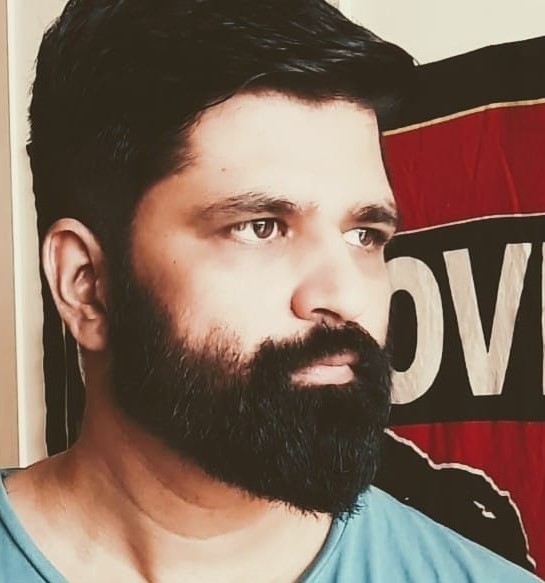Meet the Team: Elavenhil (Ela) Pallipatti Mohan, Senior Engagement Manager
This profile is part of a Scopus blog series, featuring the Secondary Content Operations team. This team looks after the relationships with all third parties such as publishers, societies and funding agencies whose content is included in Scopus, Engineering Village and other multi-publisher platforms.
Name: Elavenhil Pallipatti Mohan (Ela)
Job title: Senior Engagement Manager
Can you tell us a bit about yourself? I graduated in Sociology, and I am very much passionate about the subject, as well as Philosophy, and Literature. Even though my day-to-day work is in no way related to Sociology, Philosophy or Literature, my passion for these disciplines always induces me to learn and write more on these subject areas. Currently, I am on a fascinating voyage to understand the social structures of human societies within the internet world. Recently, I have published three essays on this topic in regional journals/magazines.
I am also very much interested in hiking. Thus, the Himalayan Mountain range are my second home.
When did you join Elsevier? I joined Elsevier as Journal Manager in August 2012.
What do you love most about your job? The strongest factor of human evolution is the human urge for questions. Skepticism helped us to achieve petabytes of knowledge that we stored in our neurons, papers, art forms and modern storage devices. As an Engagement Manager, I love being the minuscule part of helping ground-breaking new knowledge reach a global audience. The spread of new knowledge will create new questions, new questions will push humans to quest for further new experiences and new experiences will help us to evolve further.
What is the last book you read? I just finished reading ‘Girl, Woman, Other,’ a Booker prize-winning novel written by Bernardine Evaristo, one of the greatest contemporary writers in my opinion.
Currently I am reading ‘The Dawn of Everything,’ written by my most favorite author David Graeber, along with David Wengrow.
How would you explain your job to a stranger on a bus? It would be easier to impress a stranger if I could explain to them an example they could connect to, say how Elsevier supported Covid-19 research
I would say, “I am supporting researchers and scientists across the globe to get scientific solutions and information effectively. It is more about assisting the people - who are tirelessly working to create vaccines and preventive drugs to save the entire world, with the tools and information that Elsevier has.”
What is one thing you want people to know about Elsevier? I love to talk about Elsevier’s legacy and the continuous evolution. So, I would always start with the Ptolomy's Geographia or Galileo’s Dialogo Systema Cosmicum which were published initially in print by the 17th-century Elzeviers and until Scopus, Clinical Key, and ScienceDirect.
Editor’s note: Elzevier was a former name of Elsevier, used in the era of non-standardized spelling.
What is the most exciting part of your job? People! Elsevier is visibly an inclusive and diverse organization - not only in the policies but also in the work that we do. It is always exciting to work with people from diverse backgrounds and cultures. Every day is filled with surprises. It can begin with an email from a budding researcher from the Americas and end with an email from a Nobel laureate from Africa.
What keeps you awake at night? I used to be nocturnal until 2019. But from the dawn of 2020, I cycle twenty miles every day. The tiredness makes me hit my bed sharply at 10 in the night.
What is the most interesting thing you have learned recently? Physics! I was bad at Physics and any other natural sciences until five years ago. Love for Physics is the eureka which I have discovered in recent times. Physics helps me to understand Philosophy, the world and human existence better. Physics also introduced me to one of the greatest philosophers of our times, Carlo Rovelli, and his theory of loop quantum gravity.


